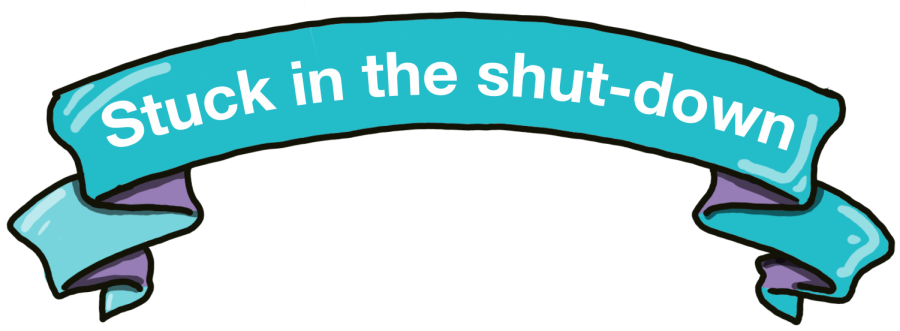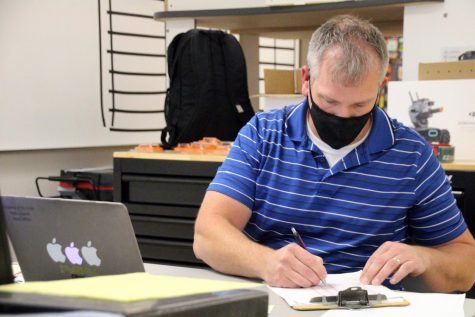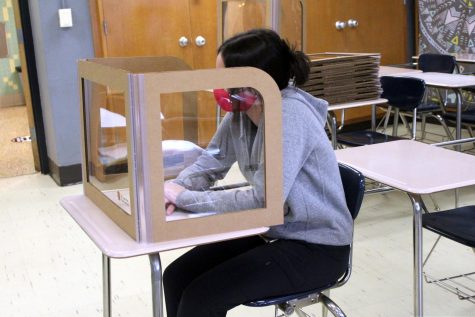October 4, 2020
According to Dr. Kristin Ballard, a licensed Psychologist and founder of Ballard Clinic, after the COVID-19 lockdown began in March, mental health has been negatively affected, especially in teens. As many schools begin the year online with various canceled events, teen emotions are at an all-time low, Ballard said.
“Teens had to be isolated and stay at home, quarantining with their families. It was really tough and really why that is, is that developmentally at the point a teenager is at in their life, their whole push is to be with their peers. And that’s really normal and to be out exploring the world seeking new fun adventures and experiences,” Ballard said.
According to Ballard, as states lifted some restrictions over the summer, many teens were uplifted by being able to leave their homes more. However, according to Ballard, the dangers of COVID-19 are still prevalent, and the anxiety around possibly bringing the virus home adds to the list of difficult emotions many teens face.
“Summer came and there was some loosening up with some of those restrictions and I think that helped bring moods up again. But what I’ve also noticed is just anxiety around people who might have a family member who has either some medical conditions or if they might be in a higher risk category for COVID,” Ballard said. “There is some anxiety that the teens are experiencing when they do go out, and the thought of possibly bringing this back to their families.”
Senior Grace Loveland, who struggled with her mental health before the pandemic, said the uncertainty that surrounds it caused her to reach a low point. According to Loveland, creating a routine for herself helped to get her out of a bad place.
“With the pandemic, not being able to see my friends (was hard),” Loveland said. “I thrive on structure, and so losing that structure was really hard for me. My mental health definitely took a turn at one point, but it got better with finding a routine”
Science teacher Al Wachutka said it is important to recognize the impact of the pandemic for teens in comparison to adults.
“When you figure it’s one year out of someone who is sixteen years old that’s a higher percentage of their life that they’ve been living in pandemic and it’s their very formative years, very social years,” Wachukta said. “Years when students are usually working towards independence from their families and parents, so it becomes difficult for the students.”
With the lack of social interactions already present from the pandemic, according to Ballard, school struggles are amplified from being online. Having to be on a screen all day can be hard on students physically, and mentally, Ballard said.
“A lot of teens would say that part of the joy they got from going to school was seeing their friends, that’s what made school tolerable and what got them through the day,” Ballard said. “A lot of people have had enough, they have screen fatigue. It’s just kind of draining sometimes just sitting and staring at the screen for the whole day.”
Ballard said learning disabilities, like ADHD, can also be negatively affected by online school. According to Ballard, teachers have a harder time accommodating for students with different learning styles as well as disabilities online.
“For those people who have ADHD, this is particularly challenging because sitting at home, sitting in the same chair, sitting in the same room, it’s really hard to stay focused all day. So then, that brings another challenge,” Ballard said. “It’s not everybody’s learning style to do (distance learning). A lot of people prefer in-person, so it’s harder to concentrate for the duration of the classes.”



